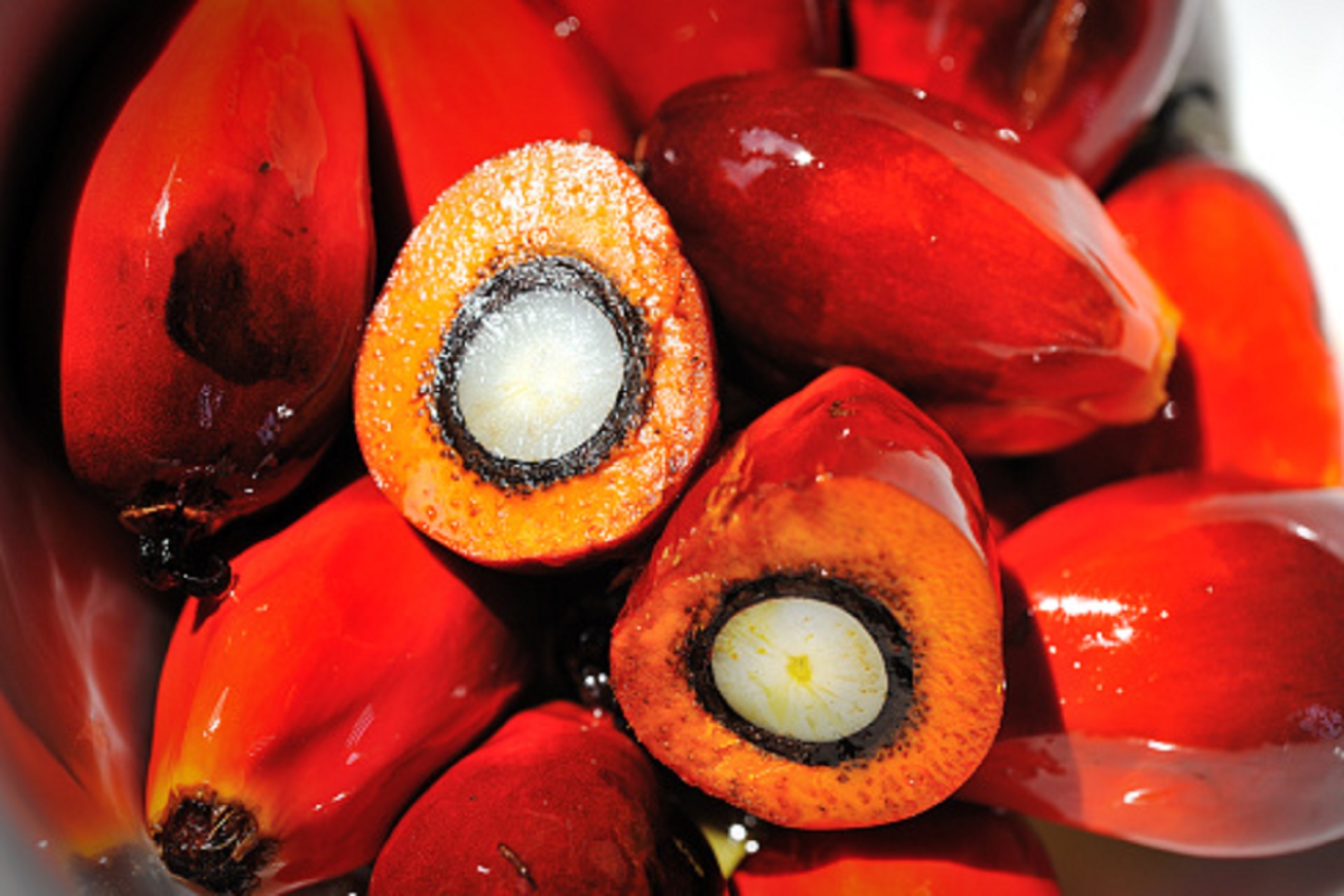A new study revealed that vitamin E — in particular tocotrienol — could improve the bone density of postmenopausal women. The study was carried out by a group of scientists from the Texas Tech University Health Sciences Center and the Georgia State University who assessed the benefit of vitamin E to bone health.
“This study showed that supplementation of tocotrienols, mainly delta-tocotrienols, suppressed bone [bone remodeling regulators],” the researchers wrote in the report. “Such osteoprotective tocotrienol’s effects may be, in part, mediated by an inhibition of oxidative stress.”








